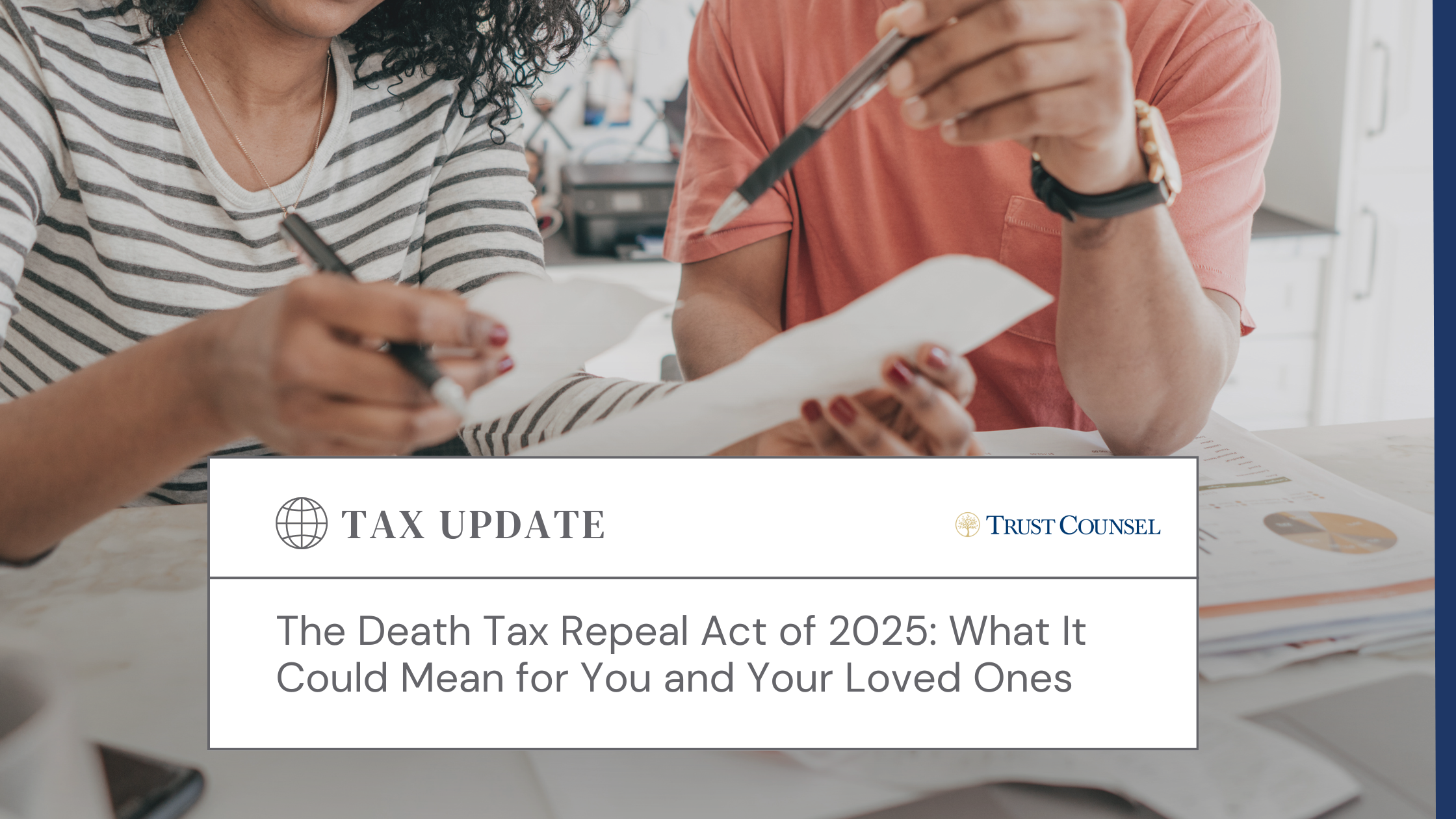Stormy Daniels has been making 2018 headlines since The Wall Street Journal first reported news of the nondisclosure agreement signed by the adult film actress and President Donald Trump’s personal lawyer, Michael Cohen, back in October 2016—just a month before the presidential election. In true sensationalism-fashion, the Daniels-Trump political scandal erupted, ultimately leading to Cohen pleading guilty to eight charges, including tax fraud, bank fraud, and campaign finance violations, for his role in the $130,000-payment to Daniels, which Cohen eventually admitted was meant to cover up the 2006 sexual affair she had with Trump. With all the publicity brought on by the scandal, Daniels began receiving death threats against herself and her young daughter, prompting her to record an oral will, all of which she details in her recently released book, Full Disclosure.
An oral will is known in the law as a nuncupative will. A nuncupative will is rarely enforceable in a court of law—although there are a few specific exceptions, such as when a written will is nearly impossible to execute. In Florida, nuncupative wills are not recognized nor in California or Texas, where Daniels resides. The reason for their rare enforceability? Such wills raise concerns as to authenticity and fraud.
When executing a will, each state requires particular formalities so as to prevent questions of authenticity and fraud. In Florida, the testator (the person who makes the will) must sign their will in the presence of two disinterested witnesses and a notary public. The witnesses must also sign in the presence of the testator, as well as in the presence of each other and the notary public. When signing, these persons are affirming that the testator appeared to be of sound mind and was not acting under any undue influence at the time the will was signed. These formalities are also generally required under California and Texas laws.
While these formalities are not required for other important legal documents, like contracts or promissory notes, these statutorily-required precautions ensure that the will can take effect. Remember the will only takes effect when the testator passes away, at which point the testator will no longer be around to confirm that the document being submitted to the probate court is really his/her will. Hence the necessity of the witnesses.
It makes dramatic sense that Daniels, an artist, chose film to air her final disclosure, although it was her imminent fear of danger that prompted the recording. If anything, Daniels teaches us that we should not wait until an emergency to manage our affairs. Given Daniels’s young daughter, her case against President Trump, a pending divorce, and her growing estate, it behooves her to properly prepare and execute her last will and testament. If the last six months are any indication, Daniels’s continued disclosure mandates the appropriate protection—otherwise stormy waters will be ahead for her daughter and estate.





